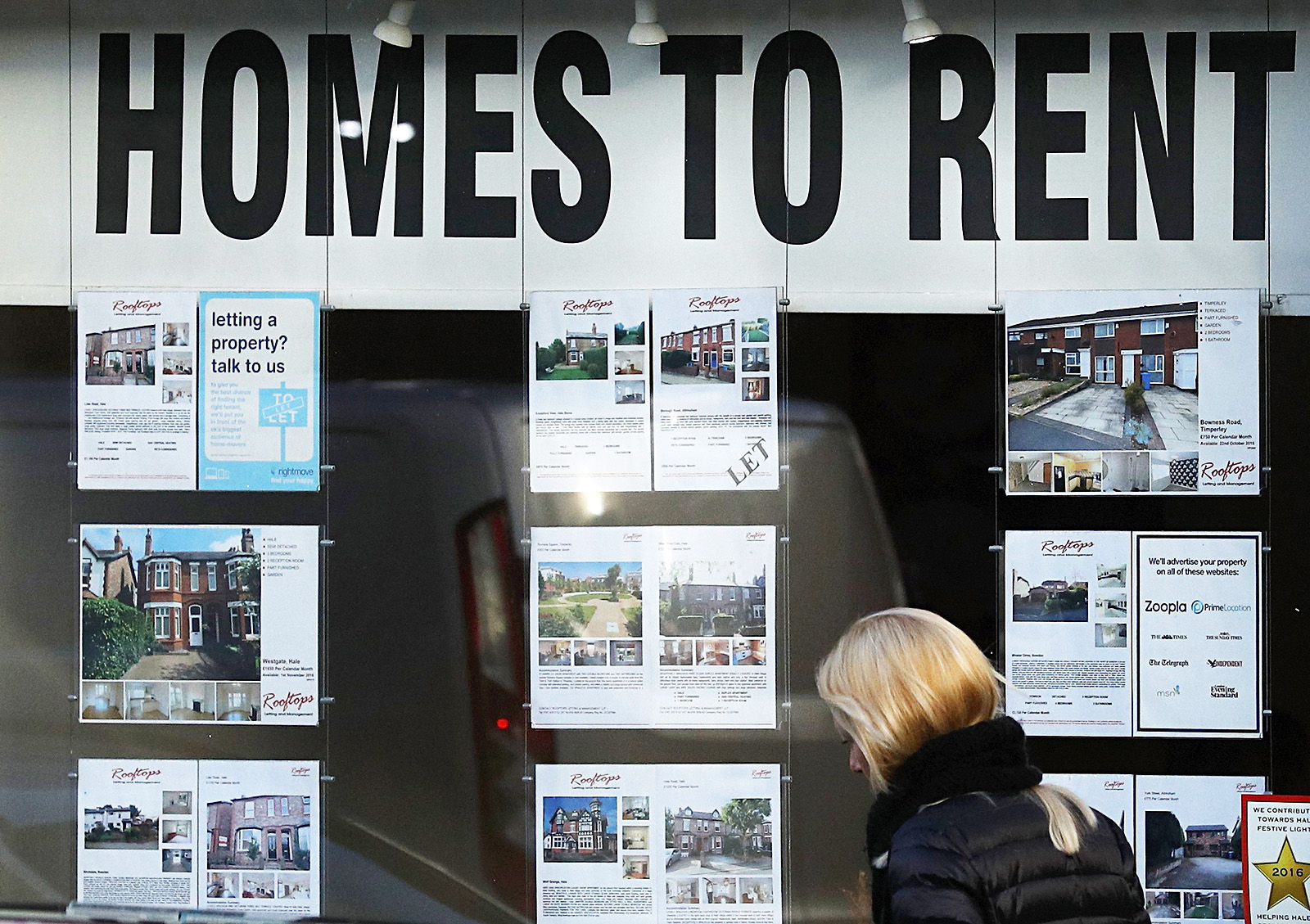
England has announced a ban on charging tenants letting agent fees, which will be implemented “as soon as possible”, said Chancellor Philip Hammond in the Autumn Statement on Wednesday.
Many international students intending to study in England use letting agents to help them find accommodation.
Under the current system, tenants bear the burden of paying various administrative fees, including reference, credit, and immigration checks.
Thanks to the ban, however, landlords will now have to foot the bill, which is expected to motivate them to find the cheapest agent, unlike with the previous system, where tenants did not have a say in choosing the agent.
Finally some good news for young renters: letting fees will be abolishedhttps://t.co/IZPT1oP1z6
— i newspaper (@theipaper) November 23, 2016
Chief executive of housing charity Shelter, Campbell Robb, commented: “Millions of renters in England have felt the financial strain of unfair letting agent fees for far too long, so we’re delighted with the government’s decision to ban them.”
“Our recent survey found that nearly half of renters had been asked to pay fees that they thought were too high, with many having to borrow money every time they move, so this will make a huge difference to all those scraping by in our expensive, unstable renting market,” he added, as quoted by the Independent.
While agent fees vary depending on location, with properties in cities carrying higher price tags, International Business Times reported that the English Housing Survey calculated the average total for letting agent fees in 2014-15 to be £223, up 60 percent in five years, while Letting Fees UK put the average fee total at £386, varying from £40 to £780.
Ban on letting agent fees announced by UK Chancellor could backfire and lead to higher rents: full industry reactionhttps://t.co/IIIZT7L6Xq
— Property Wire (@PropertyWire) November 23, 2016
Over the past few years, student tenants have been calling for fairer practices from letting agencies: earlier this month, students in Bristol protested in front of an agency, complaining of hidden and over-the-top fees, sub-par rooms, and neglecting to discuss housing issues with students.
However, those in the real estate industry have warned that there could be a “boomerang effect”, as shifting agent fees to landlords may push them to charge higher rents.
Richard Lambert, CEO of the National Landlords Association (NLA), said in a statement that the ban would be welcomed by private tenants at first because “they won’t realise that it will boomerang back on them”.
“Agents will have no other option than to shift the fees on to landlords, which many will argue is more appropriate, since the landlord employs the agent. But adding to landlords’ costs, on top of restricting their ability to deduct their business costs from their taxable income, will only push more towards increasing rents,” he explained, according to Property Wire.
That’s what we’ve been waiting for – the chancellor formally announces a ban on letting agency fees in his #AutumnStatement pic.twitter.com/INV53KmlVN
— Shelter (@Shelter) November 23, 2016
But those in support of the ban cite Scotland as a good example of why landlords aren’t likely to price-gouge rents – the country has banned letting agent fees since 2012, ruling that tenants can only be charged the rent and the deposit.
In a report commissioned by Shelter to assess the impact of the ban in Scotland, it was found that increases in rent had been “small and short-lived”, despite expectations that rents would increase to cover the greater burden on landlords.
It also found that landlords were no more likely to have increased rents since the ban compared to landlords elsewhere in the UK.
Image via Reuters
Liked this? Then you’ll love these…
UK students are holding rent strikes to fight against ‘extortionate rents’
Student.com reveals top 10 most expensive cities for international student accommodation







